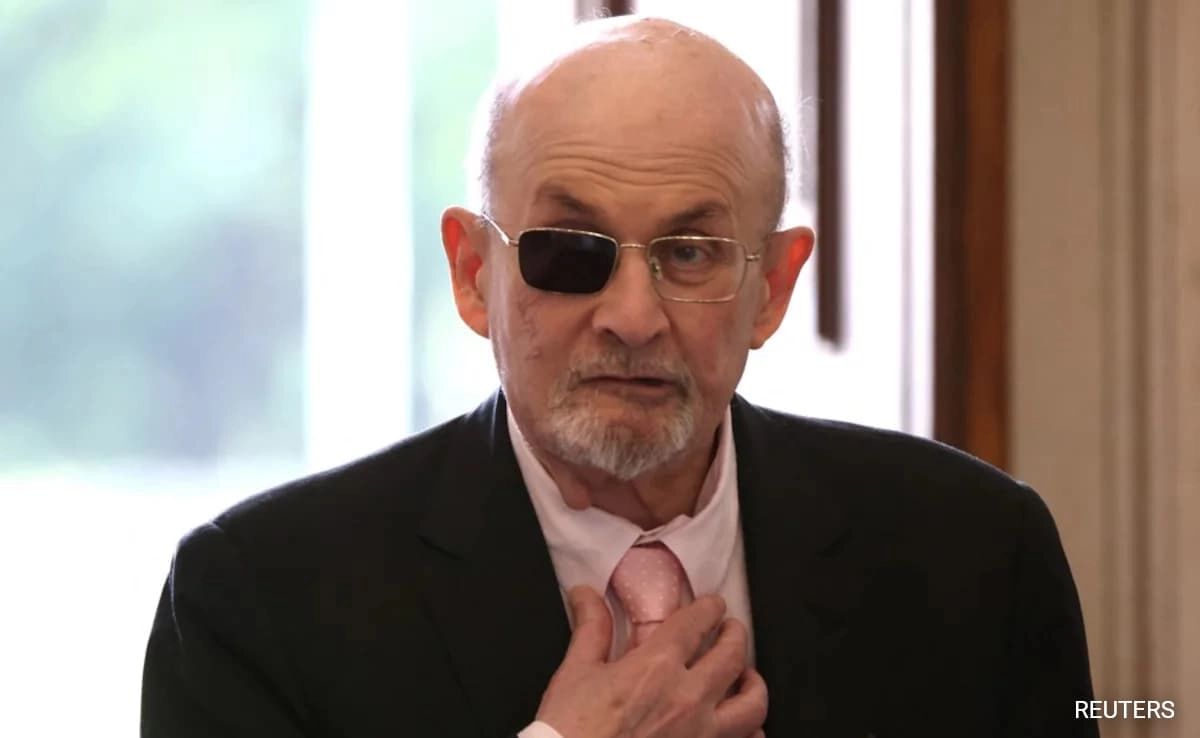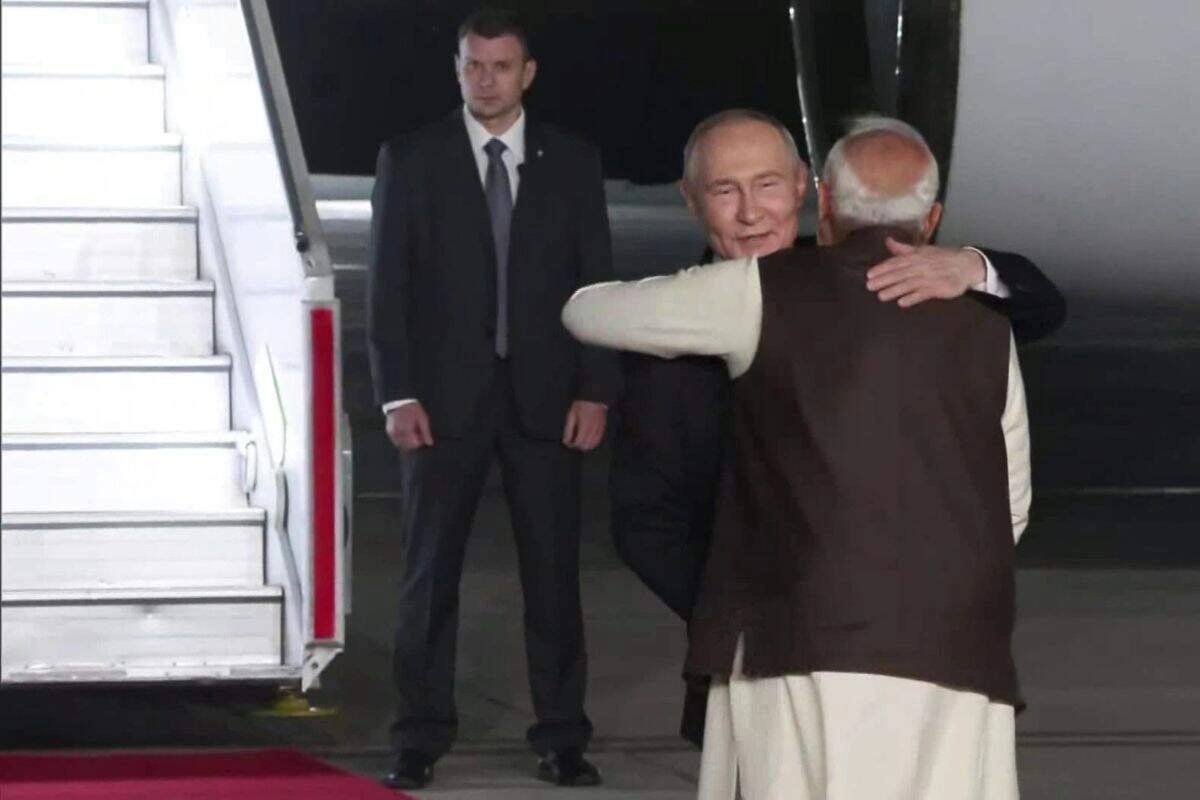The man charged with stabbing renowned author Salman Rushdie during a public event is facing serious legal repercussions, including a potential sentence of up to 25 years in prison. The incident, which occurred at the Chautauqua Institution in New York, sent shockwaves through the literary community and beyond, reigniting discussions about freedom of expression and the safety of artists and writers. Rushdie, known for his provocative works including “The Satanic Verses,” has been a target of controversy for decades, and this violent act underscores the ongoing threats faced by those who challenge cultural and religious norms through their writing.
The assailant, Hadi Matar, has been charged with attempted murder and assault, indicating the severity of the attack on Rushdie, who was preparing to give a lecture at the time. Witnesses reported a chaotic scene as the attack unfolded, with many in attendance expressing horror and disbelief at the sudden violence. The attempted murder has not only left Rushdie physically injured but has also sparked a broader conversation about the implications of such acts on artistic freedom and the responsibilities of society to protect those who dare to speak out.
As the legal proceedings progress, the case has drawn significant media attention, with discussions focusing on the motivations behind the attack and the implications for free speech. Matar’s actions have raised questions about the extent to which individuals may feel justified in silencing voices they disagree with, especially in a world where social and political tensions often manifest violently. The upcoming trial will not only determine Matar’s fate but will also serve as a critical examination of the societal attitudes toward dissent and the protection of creative expression.
For Salman Rushdie, this incident marks a terrifying chapter in his life, adding to the decades of challenges he has faced since the publication of his controversial novel. Despite sustaining serious injuries in the attack, Rushdie’s resilience and commitment to his work remain strong. The support he has received from fellow authors, activists, and organizations advocating for free speech highlights the solidarity within the literary world. As the case unfolds, it serves as a poignant reminder of the fragility of artistic freedom and the ongoing struggle against censorship and violence in defense of creative expression.




